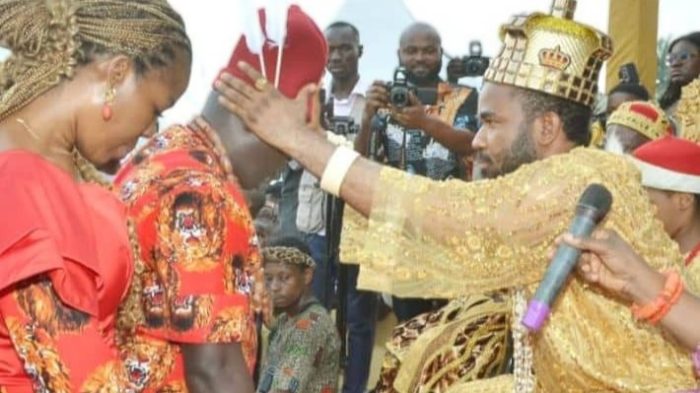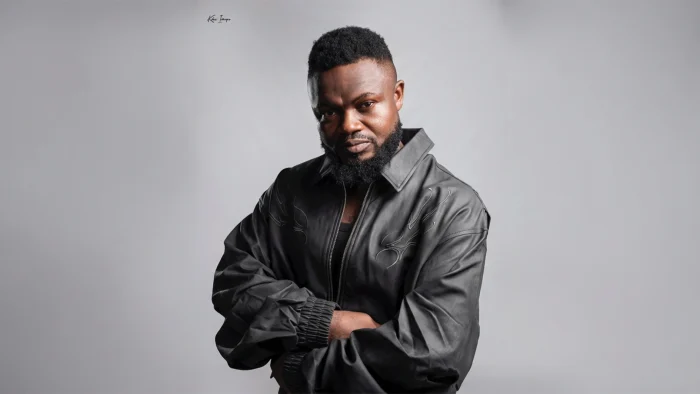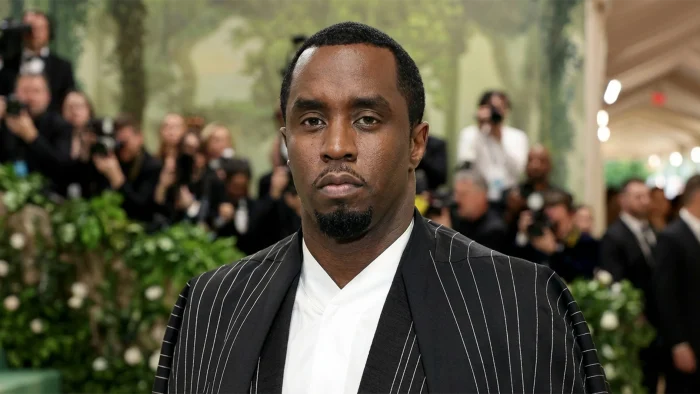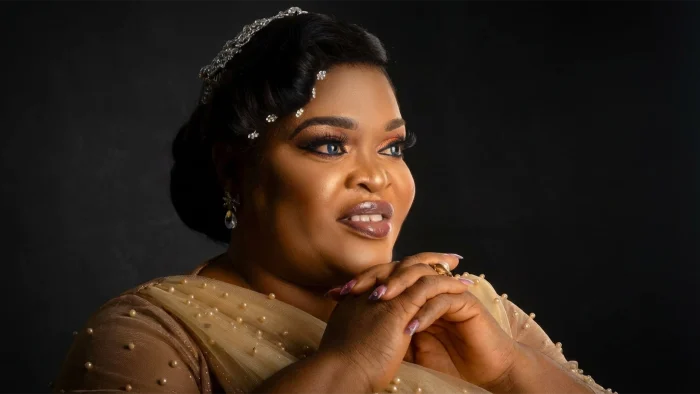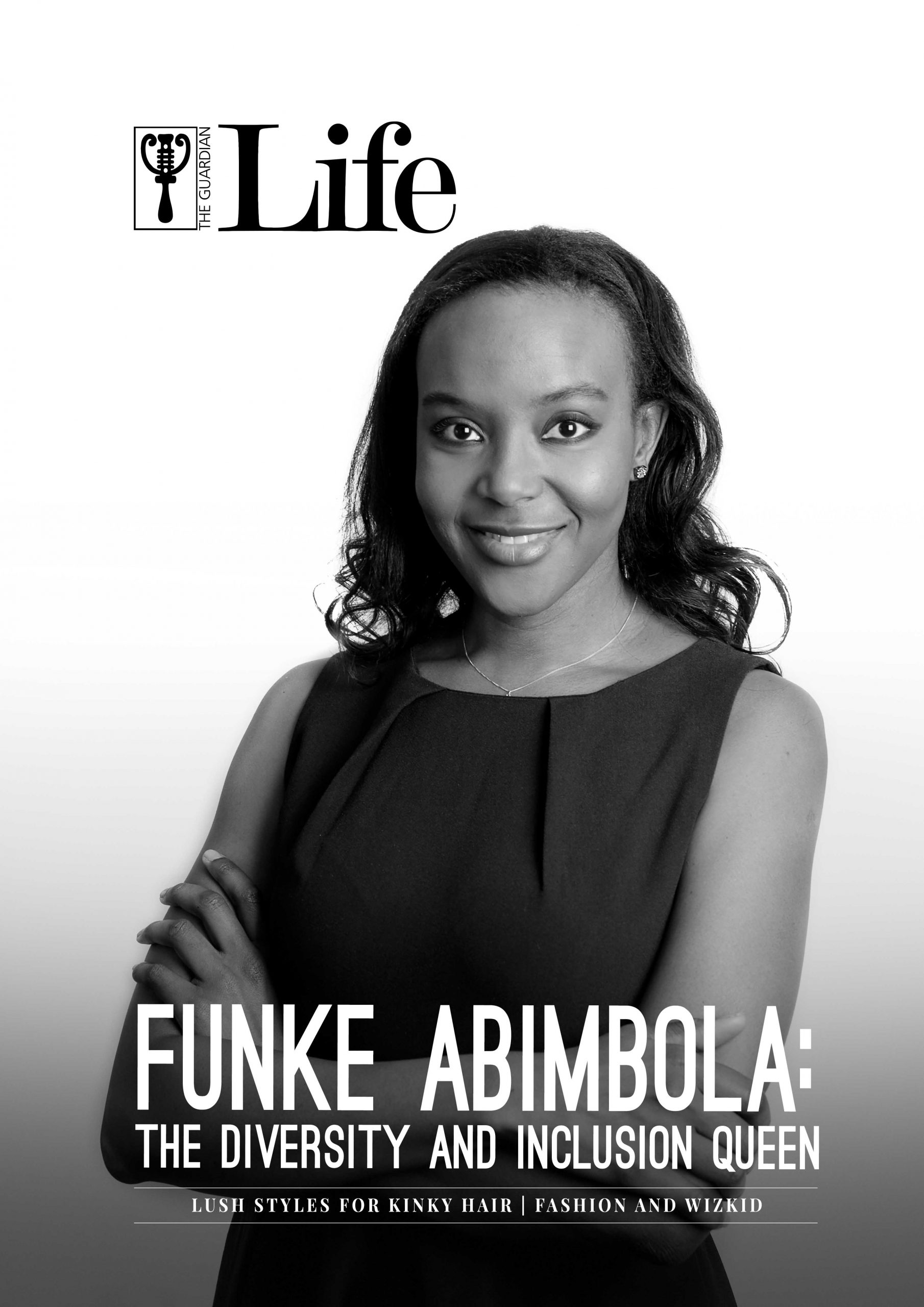
In mid-2017, across newspapers, blogs, and social media platforms in Nigeria, headlines screamed, “Meet Funke Abimbola, the Nigerian woman with a 23-paged CV”.
[ad]
This revelation was even more intimidating when Nigerians calculated the then-44-year-old’s age. Not only did the headlines claim she had this enormous CV, but she had also been awarded a “Point of Light” by the UK Prime Minister in 2016 and an M.B.E. (Member of the Order of the British Empire) by Queen Elizabeth II for services to diversity in the legal profession in 2017.
And so it began. In circles, offline and online, Nigerians were quick to use her as an example of one of their own doing the country proud on the world stage. After all, this person was Nigerian- Ondo, in particular.
To top it all, she had, only two years before, been awarded the Positive Role Model, an award reserved to recognise individuals within the British community who have shown selflessness, drive for change, and have worked tirelessly to inspire others.
As many Nigerians have been, I was curious as to how she managed to gain so many degrees and valuable experiences. As a Nigerian living in Nigeria, the reality of this curiosity is glaring. The extent to which one acquires degrees after first passing the hurdle of JAMB is not a day’s job.

“I am so glad you have asked this question because I don’t have a 23-paged interview”, she responded. “About 5 years ago, the interviewer, Eduardo Reyes, said when he printed my LinkedIn profile, it ran off to 22-23 pages and from there, someone picked it up and ran with it, and there has been no way to correct this fallacy after all these years (laughs).
“My CV is sometimes 2-4 pages long. I would never advise anyone to have a CV run 22-23 pages. Certainly, my LinkedIn profile runs to 22-23 pages because I have been very active.”
Despite this explanation, I tell her that having a 22-23 paged profile means that she has garnered quite an experience in her career, which she affirms to.
Recounting her first career move, she explained that getting employed in corporate law was “very difficult, I must say” because of the “strict criteria”.
At the time she sought an entry-level position, there weren’t many black women in the profession. In fact, during her attempt to speak to 150 organisations specialising in corporate law to get her on board, she was on the verge of giving up.
Fortunately, her ex-husband, a successful marketer and one of her strongest supporters, imbibed in her the concept of personal branding. And this encouraged her to continue with the phone calls.
“I was entering an area of law in the UK where there weren’t many black women. I was told by a recruiter that corporate law would be ‘too competitive for a black woman.’
There was a problem with my name being African. It never even got to the stage where these recruiters were looking at my education because of my name, the name in itself was a barrier. And it is well recognised in the UK that name discrimination exists.
You have to send twice as many applications if you don’t have an English name, to the point where people change their names.
“Names have meaning in our culture. I am not going to Anglicize my name to get a foot in the door,” she added.
She quickly recalls that to ensure that she didn’t lose her identity, her father “would pretend that the only language he understood was Yoruba” even though he spoke English, German, and their native Yoruba dialect from Ondo state.
As such, she grew up proud of her identity as African and was shocked at the reception her identity was getting.
In an interview with the First 100 years, she added that it was until an interviewer asked her if “she thought my race had been a factor in me not getting interviews with other organisations.
That was, honestly, the first time I had even considered race as being something that could inhibit my progress. Thankfully, I was offered a role by her and was able to qualify as a solicitor in-house.”
It was also then she realised that going to the best schools and having good grades were not an automatic ticket to getting a placement in a law firm and other industries in the UK.
Turning lemons into lemonades
Equipped with this knowledge and the desire to change the status quo, this experience contributed to her goal to become a Diversity, Equity and Inclusion leader.
It also spurred the black woman to break boundaries in different sectors- Pharmaceuticals, owner of a consultancy firm. “With all I have now, And I’m being honest, my LinkedIn profile might run into 30 pages” (laughs).
The Guardian Life would later find during the conversation that this will not be the first time that Abimbola will turn her circumstances around.
Born into a family of a medical doctor father, he had his plan laid out- Abimbola will become a surgeon, her sister, a paediatrician, and her brother, a gynaecologist.
To ensure that his children who will take the baton get the best of education, he sent them abroad to study. While her brother and sister became interested and pursued these vocations, Funke was deeply fascinated by the legal system in Nigeria, and her fear for “pains and blood” further dispelled her.
Quite advanced for her age, and knowing that this might upset her father, she kept her law classes a secret because “you wouldn’t declare this change of plans, right?” As planned, her IGCSE was all sciences, but It wasn’t until her A-levels that it became clear that she wasn’t going to go for his option.

Born in the 70s, the coup and the intricacies of the military regime in Nigeria were intriguing to the teenager so much that she became obsessed with the rule of law and how it was an invaluable process framework that Nigerians could leverage for democracy.
“Now that I’m a parent myself and I have an 18-year-old, it was actually fear that was driving his reaction at the time.”
With the help of her mother and school teachers, particularly her history teacher, succeeded in persuading him to pursue her interest. Now, her father was forced to pay for “the A-levels he didn’t understand”. Thankfully, her father was very proud when she graduated.
Her belief in her abilities paid off. In 2012, she received the Association of Women Solicitors’ in-house award for 2012, a finalist in the Law Society’s Legal Businesswoman of the Year award for 2012, and Legal Counsel of the year for 2012.
In 2013, was listed in the GC Powerlist. That same year, she made history in her employer’s history when her team was shortlisted for the Legal Business Awards and Halsbury’s Legal Awards.
In 2014, she was nominated for a National Diversity Award and the Law Society Excellence Awards. Since then, the awards have been coming in.
And as she continued in her fight against discrimination, the awards kept coming. “There are times when I think, I really don’t want the responsibility, I just want to live my life, but then I look at the joy that it brings to others, and how I help so many people is the reward I need.”
With black women knowing that one of their own is shattering ceilings in corporate law, and that the collective efforts of like-minded people, opening the doors for others has been made easier. Although she noted that the UK does not yet have enough black women in senior roles, all that is changing in different industries. The initiatives of “visible minority, race, gender, disability” have also had an effect. With her mentees taking up the mantle in the legal system, the legacy is, she predicts, sustainable.
Also on the activism path is her son, Max Abimbola, a prospective software engineer and a part-time worker in her consultancy firm, who is passionate about getting women into STEM.
The Past And Future
10 years ago, Funke decided to leave private practice and move into healthcare. With the stars aligning in her favour, global pharmaceutical companies were seeking to employ a lawyer in-house, a perfect timing for her. She joined Roche, the world’s largest biotech company as the most senior black solicitor.
Thirsty for growth, she soon worked in other capacities including commercial, compliance, diversion and inclusion, and operational leadership. Today, she has worked within global pharmaceutical companies.
Quite an achievement her life has turned out to be. And Funke Abimbola tells The Guardian Life that integrity, loyalty, persistence, and authenticity have helped her attain these levels.
“I always tell my mentees, you can’t just hang onto your mentors, you have to be prepared. Any successful person will tell you, if they are honest, it was hard work and determination. Some people reach out to me, they seem to think that there are shortcuts, but there is no substitute. I work hard and I also play hard. I bring my whole self to the table.”
In addition to this, is her belief in servant leadership; nurturing the talents of others and sacrificing to ensure that the passion continues to burn.
And this she learnt from her role as a mother.
“As a child’s first role model of leadership, you are ‘it’ for them. You have to be careful of what you are giving out.
“Children pick up anything, including non-verbal cues. And that is the first test of being a role model really… People say that when they meet me, they really see that I am what I portray to the world.”
[ad unit=2]


